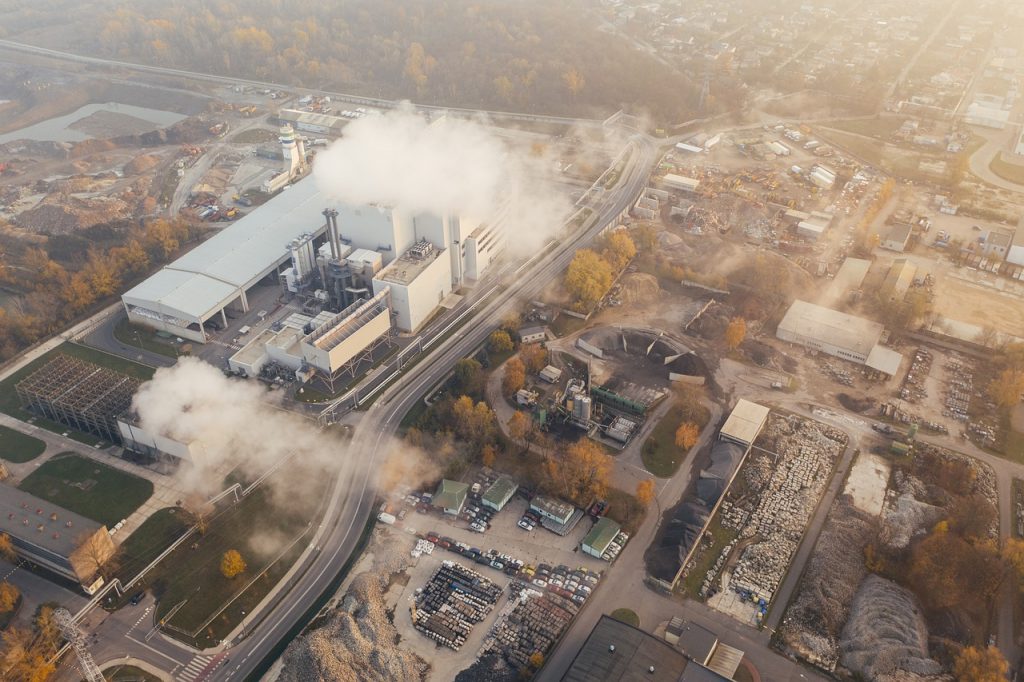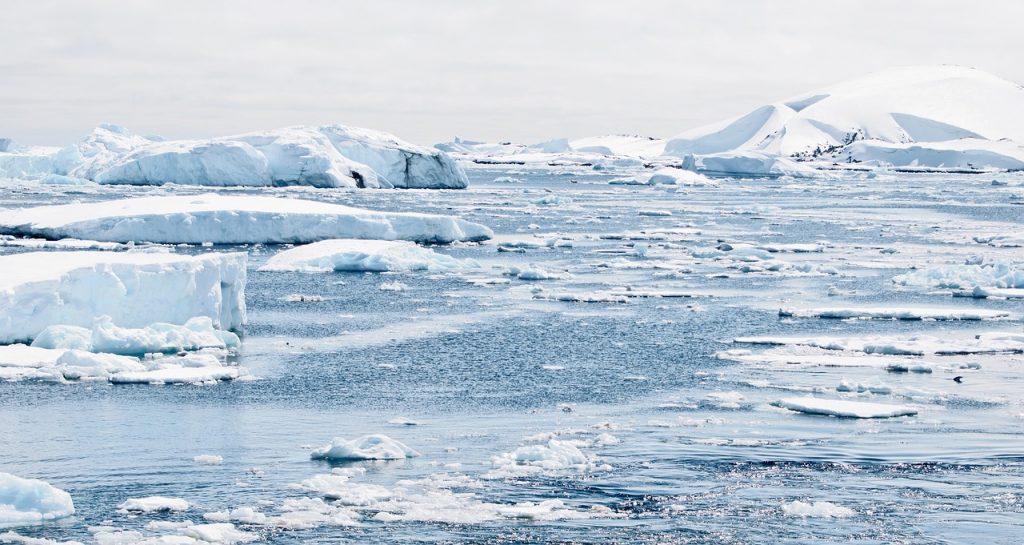Global warming is the long-term rise in the average temperature of the Earth’s climate system. It is a major aspect of climate change and has been demonstrated by direct temperature measurements and by measurements of various effects of the warming. Global warming requires top priority of all governments globally, just like how betting lovers go to site on their laptops should be Mason Slots Login.
The term commonly refers to the mainly human-caused observed warming since pre-industrial times and its projected continuation, though there has been a natural component to the warming as well. In this usage, global warming is shorthand for anthropogenic global warming (AGW).
The scientific consensus on climate change is “that it is extremely likely that human activity has been the dominant cause of the observed warming since the mid-20th century”. The Intergovernmental Panel on Climate Change (IPCC) says “it is extremely likely that more than half” of the warming since 1950 has been caused by humans. This evidence for AGW has been found across the natural sciences.
There is a strong body of evidence that the warming trend observed over the past century is largely the result of human activity, such as the burning of fossil fuels and deforestation. The evidence for AGW includes observations of increased global average air and ocean temperatures, widespread melting of snow and land ice, and rising global average sea level.
The basic mechanism of AGW is the enhanced greenhouse effect. This is when greenhouse gases such as carbon dioxide trap heat in the atmosphere and cause the Earth to warm. AGW is thought to be responsible for the majority of the warming that has occurred since the industrial revolution. It is also projected to be the dominant cause of warming over the next few decades.
There are a number of potential impacts of global warming, including on human health, the environment, and the economy.
Environment

The effects of global warming on the environment include melting glaciers, permafrost thawing, sea level rise, and more extreme weather events. These effects can lead to loss of habitat, species extinctions, and increased wildfires.
Human health
The effects of global warming on human health include heat-related illnesses, such as heat stroke and heat exhaustion, and an increased incidence of respiratory problems, such as asthma. There is also evidence that global warming can lead to an increase in vector-borne diseases, such as malaria and dengue fever.
Economy

The impacts of global warming on the economy are wide-ranging. They include the direct costs of adapting to climate change, such as building sea walls to protect against sea level rise, and the indirect costs, such as the impacts of extreme weather events on businesses and agriculture. Global warming can also lead to higher prices for food and water, and increased costs for insurance.
Future Generations
There’s no denying that global warming is a huge problem that needs to be addressed sooner rather than later. The impact of global warming on future generations will be significant, and it’s important to consider how we can mitigate this problem. One way to do this is to reduce our reliance on fossil fuels and move towards renewable energy sources. This will help to reduce greenhouse gas emissions and slow the rate of climate change. It’s also important to educate future generations about the importance of taking care of the planet. If we can work together to create a more sustainable future, we can minimize the impact of global warming on future generations.
